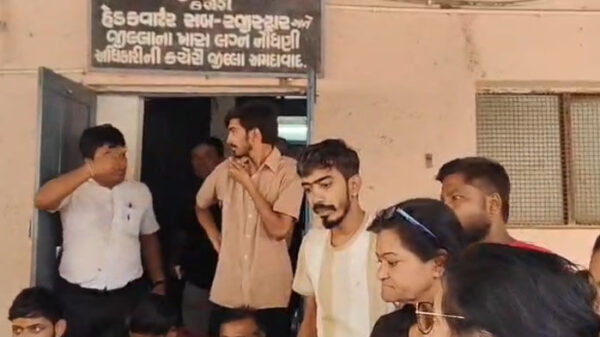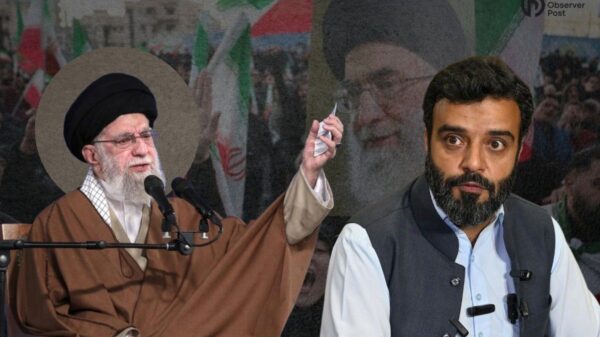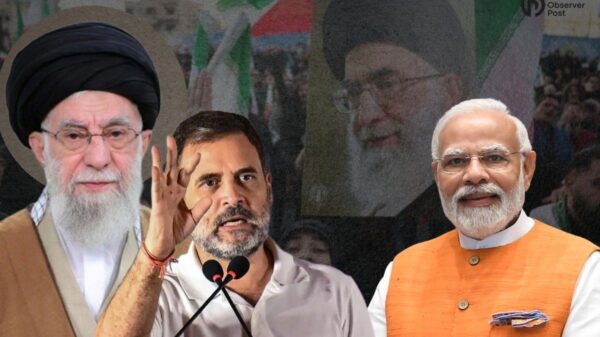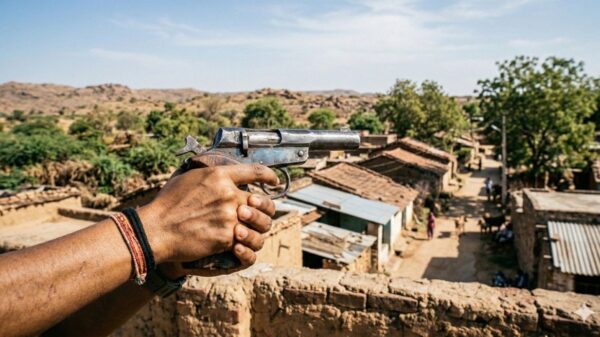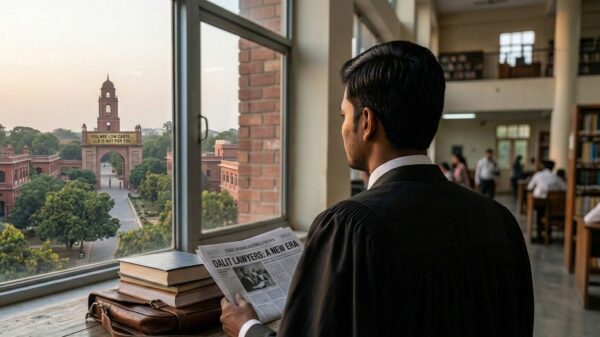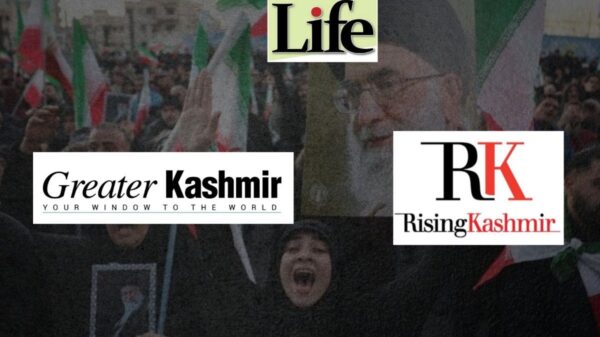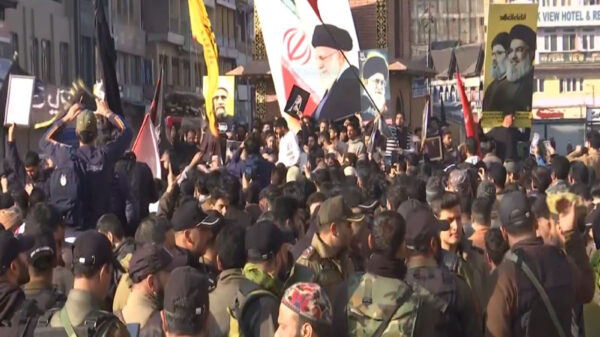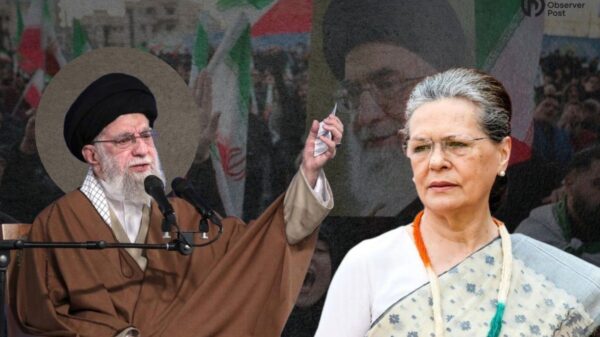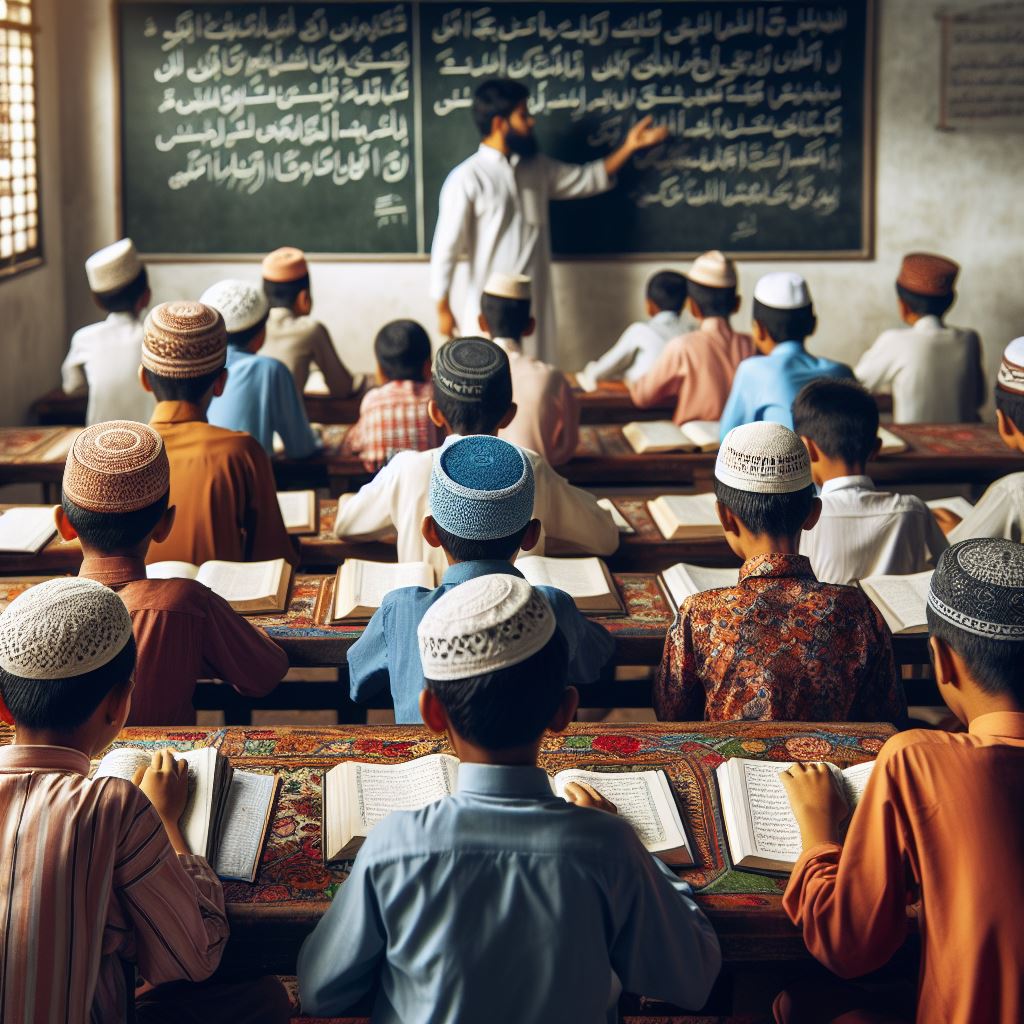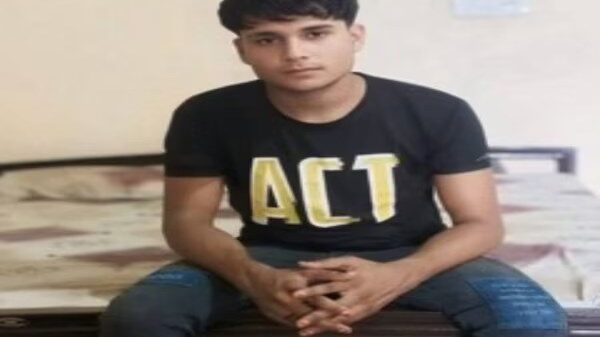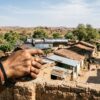The Supreme Court has upheld the validity of the 2004 Uttar Pradesh Board of Madrassa Education Act, giving relief to madrassas in the state. This decision overturns a previous ruling by the Allahabad High Court, which had declared the law unconstitutional and asked the state to relocate madrassa students to other schools, arguing that the Act violated the principle of secularism.
Chief Justice of India D.Y. Chandrachud, along with Justices J.B. Pardiwala and Manoj Misra, said the Allahabad High Court made an error in its decision. “We have upheld the validity of the UP madrassa law,” the CJI stated. He added that a law can only be struck down if the state doesn’t have the legal power to make it.
Muslim religious leaders and political parties welcomed the Supreme Court’s decision.
Maulana Khalid Rashid Farangi Mahali, from the All India Muslim Personal Law Board, said, “Now madrassas can run with complete freedom. Thousands of people are associated with these madrassas, and the Supreme Court’s decision has given them great relief.”
Jamiat Ulama-e-Hind’s legal advisor Maulana Kab Rashidi also expressed support for the ruling, saying, “This is a very big message. Jamiat Ulama-e-Hind welcomes this.” He said that if the government wants improvements in madrassa education, they should engage with madrassa leaders for discussions. “But if it imposes something unconstitutional, then it will be fought legally,” he added.
Maulana Yasoob Abbas of the All India Shia Personal Law Board highlighted the positive role madrassas have played in India’s history, saying, “Madrassas have given us many IAS, IPS officers, ministers, and governors. It is wrong to look at madrassas with suspicion.”
Political leaders also commented on the ruling. Bahujan Samaj Party (BSP) chief Mayawati said, “The Supreme Court’s decision has ended the uncertainty over the future of thousands of madrassas.” She added that it’s important to implement the court order properly.
The Samajwadi Party criticized the BJP, claiming it wants to deprive madrassas of their rights. Party spokesperson Fakhrul Hasan said, “The BJP government is against minorities and does politics of hatred. Madrassas were established legally after independence and teach Islamic studies along with Hindi, English, and computer studies.”
With the Supreme Court’s decision, the future of around 17 lakh madrassa students in Uttar Pradesh is now secure.






